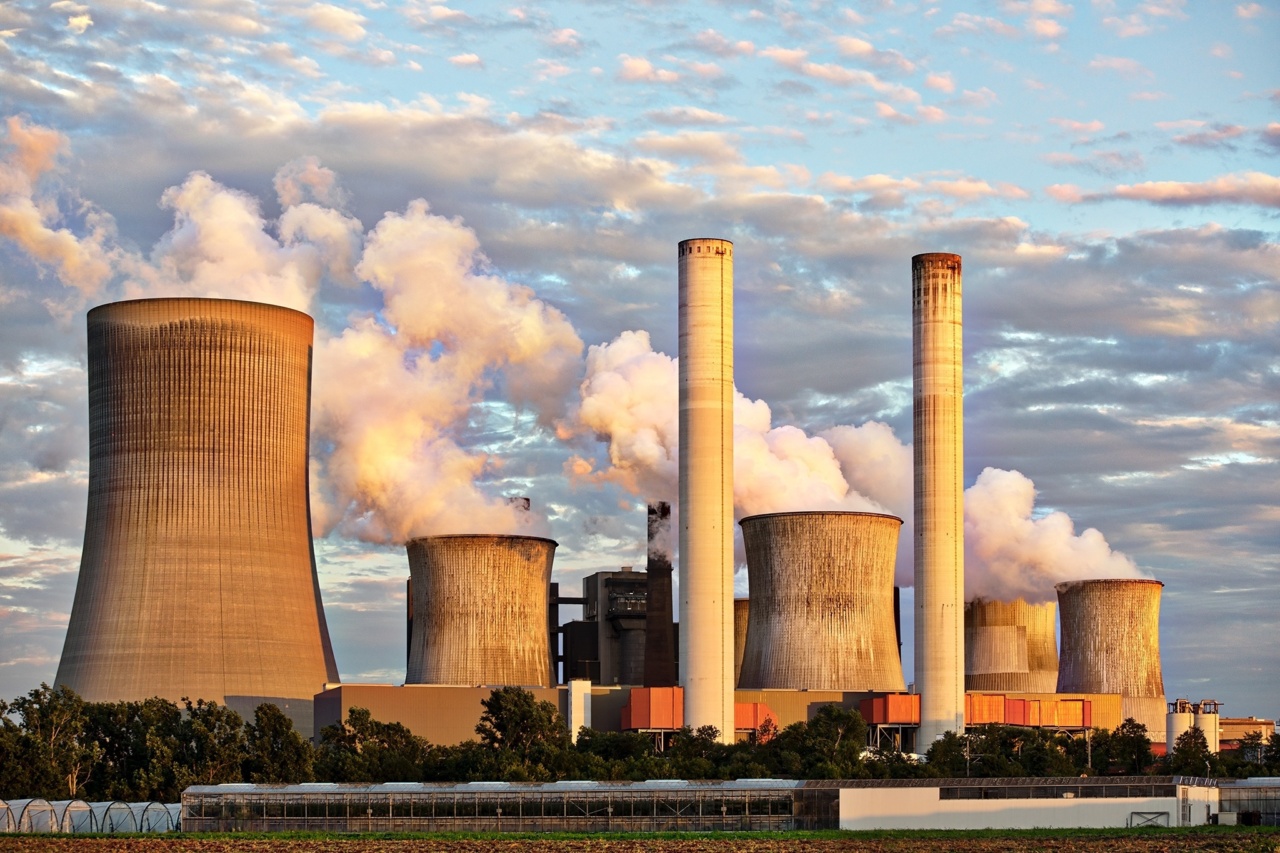Air pollution is a major environmental problem that affects not only the quality of the air we breathe but also our overall health.
While its impact on respiratory diseases such as asthma and lung cancer is well-known, many people are unaware of the detrimental effects of air pollution on other organs, including the kidneys. In recent years, research has shown a significant link between air pollution and kidney function, highlighting the need for greater awareness and action to mitigate its harmful consequences.
The Link Between Air Pollution and Kidney Health
Studies have established a clear association between exposure to air pollutants and the development and progression of kidney disease.
The various types of air pollutants, such as fine particulate matter (PM2.5), nitrogen dioxide (NO2), sulfur dioxide (SO2), and ozone (O3), can penetrate our bodies through inhalation and enter the bloodstream. Once in the bloodstream, these pollutants can directly affect kidney tissues and function.
Role of Inflammation
Air pollution triggers a persistent state of low-grade inflammation in the body, which plays a critical role in the development and progression of kidney disease.
Inflammatory markers, such as C-reactive protein (CRP), interleukin-6 (IL-6), and tumor necrosis factor-alpha (TNF-α), have been found to be elevated in individuals exposed to high levels of air pollution. Chronic inflammation can lead to damage of the small blood vessels in the kidneys, impairing their ability to effectively filter waste products from the blood.
Oxidative Stress and Kidney Damage
Air pollutants also induce oxidative stress, a condition characterized by an imbalance between the production of reactive oxygen species (ROS) and the body’s ability to neutralize them with antioxidants.
Overwhelming levels of ROS can lead to cellular damage and dysfunction, including in the kidneys. Oxidative stress has been shown to contribute to the development of kidney disease and accelerate its progression, ultimately leading to kidney failure.
Impact on Blood Pressure and Cardiovascular Health
Air pollution has long been associated with cardiovascular diseases such as hypertension, heart attacks, and strokes.
These cardiovascular conditions are closely linked to kidney health, as the kidneys play a vital role in regulating blood pressure and maintaining fluid balance in the body. When exposed to high levels of air pollution, blood vessels constrict, leading to increased blood pressure and decreased blood flow to the kidneys.
This chronic elevation in blood pressure, known as hypertension, can damage the delicate structures of the kidneys over time.
Effects on Glomerular Filtration Rate (GFR)
The glomerular filtration rate (GFR) is a measure of how effectively the kidneys filter waste products from the blood. Studies have shown that exposure to air pollution can reduce GFR, indicating impaired kidney function.
Reduced GFR is a sign of damage to the filtration system of the kidneys, and if left untreated, it can progress to chronic kidney disease (CKD) and eventually end-stage renal disease (ESRD), requiring dialysis or transplantation.
Association with Diabetes and Kidney Disease
Air pollution has been found to exacerbate the adverse effects of diabetes on kidney health.
Individuals with diabetes are already at a higher risk of developing kidney disease due to elevated blood glucose levels, and air pollution further increases this risk. Inhaled pollutants can interact with the metabolic and inflammatory pathways involved in diabetes, worsening kidney damage in diabetic individuals.
Particular Vulnerability of Children and Elderly
Children and older individuals are particularly vulnerable to the detrimental effects of air pollution on kidney health. Children have developing immune systems and kidneys that are more susceptible to damage, leading to long-term health consequences.
Elderly individuals often have pre-existing conditions such as diabetes and hypertension, which, when combined with air pollution exposure, significantly increase the risk of kidney disease.
Prevention and Mitigation
The alarming impact of air pollution on kidney health necessitates immediate action to prevent and mitigate its effects. Here are a few strategies that can help protect your kidneys:.
1. Reduce Exposure to Outdoor Pollution
Avoid outdoor activities during peak pollution hours, especially in highly congested and industrial areas. Check local air quality indices and plan your activities accordingly.
Use indoor air purifiers to create a clean and safe environment for your family.
2. Keep Indoor Air Clean
Avoid smoking or allowing others to smoke inside your home. Ensure proper ventilation and regularly clean or replace air filters in your HVAC system. Minimize the use of chemical cleaning products and opt for environmentally friendly alternatives.
3. Promote Green and Sustainable Transportation
Reduce your carbon footprint by using public transportation, carpooling, or cycling whenever possible. Encourage the use of electric vehicles and support eco-friendly transportation policies in your community.
4. Support Air Quality Improvement Measures
Stay informed about local air quality regulations and actively support initiatives aimed at reducing air pollution. Engage in advocacy efforts and raise awareness among your friends, family, and community about the importance of clean air.
5. Adopt a Healthy Lifestyle
Eat a balanced diet rich in fruits and vegetables, which are natural sources of antioxidants that can help mitigate oxidative stress. Stay hydrated and exercise regularly to improve overall health and enhance kidney function.
Conclusion
The detrimental effects of air pollution on kidney health cannot be ignored.
The evidence linking air pollution to kidney disease is substantial, emphasizing the urgent need for comprehensive measures to reduce pollution levels and protect public health. By taking individual and collective actions, we can safeguard our kidneys and contribute to a cleaner and healthier environment for future generations.





























